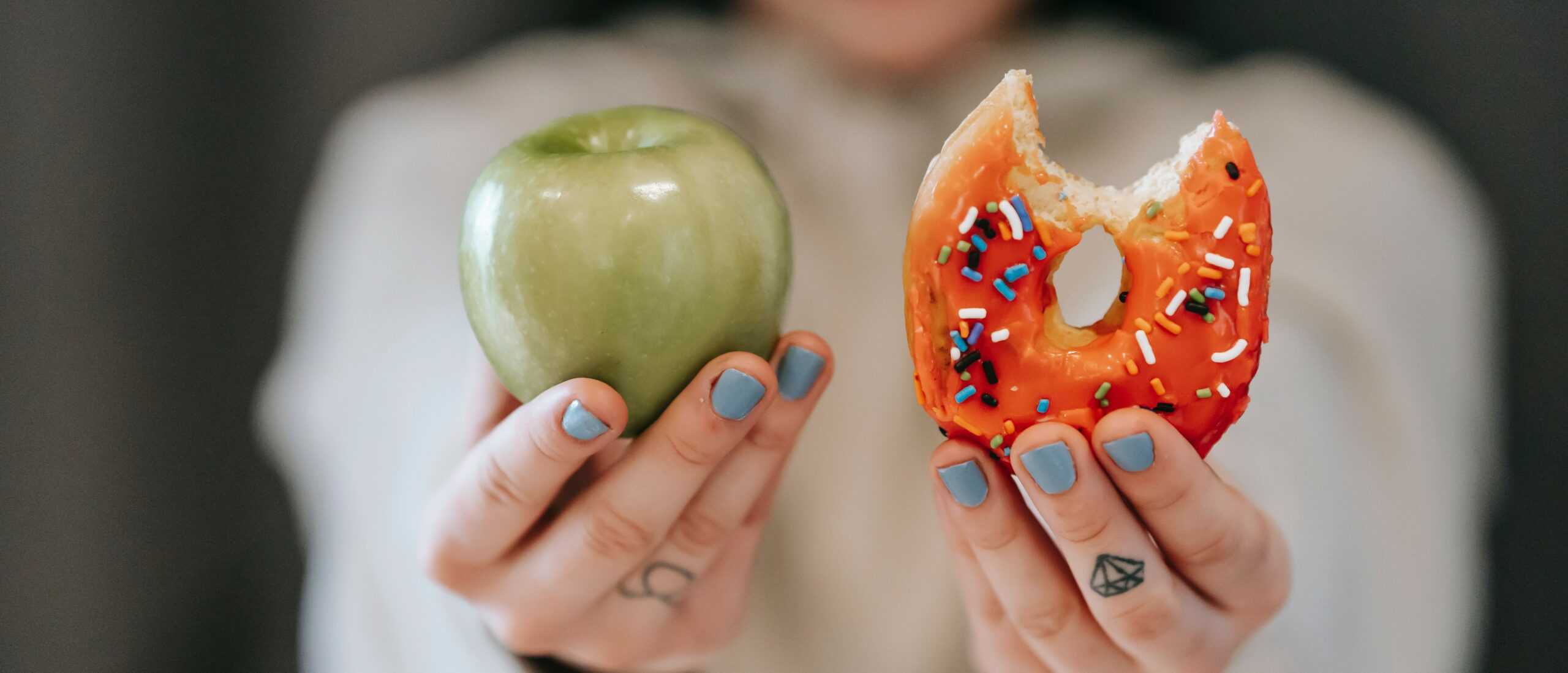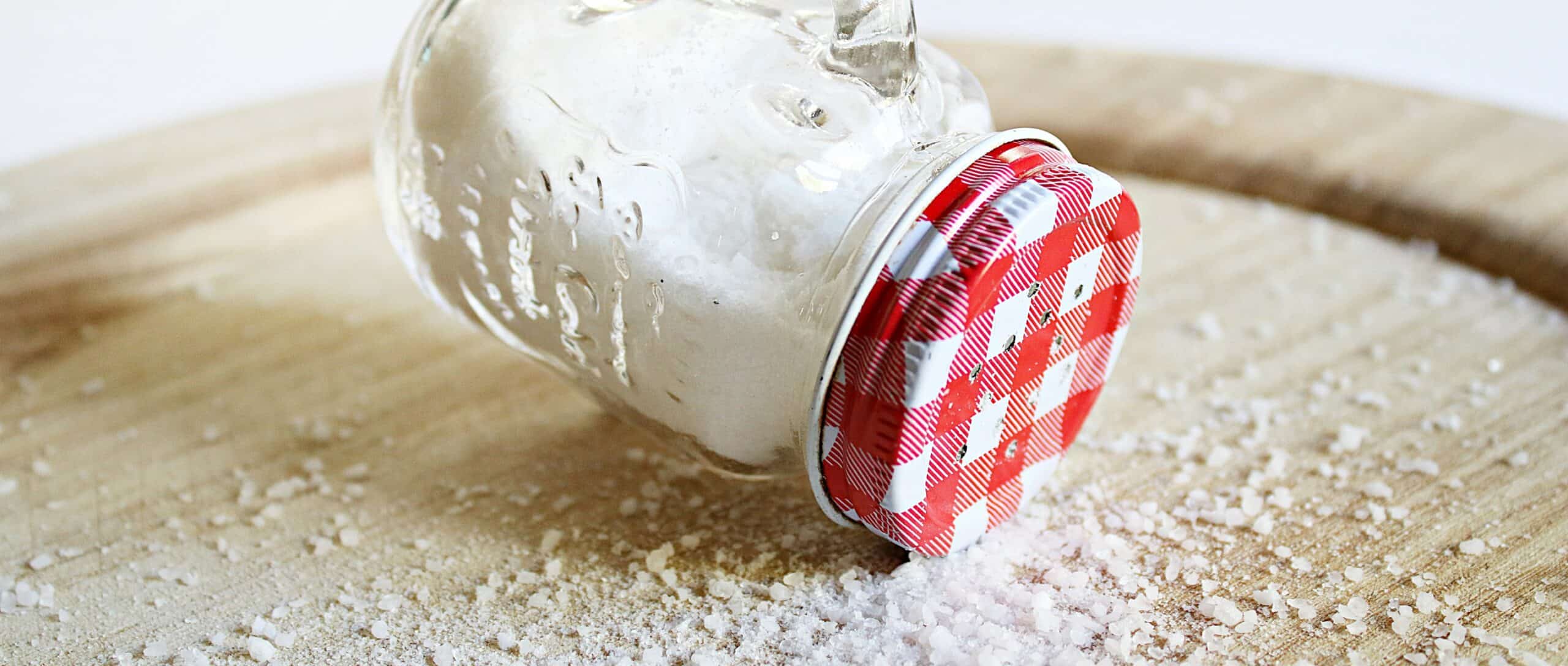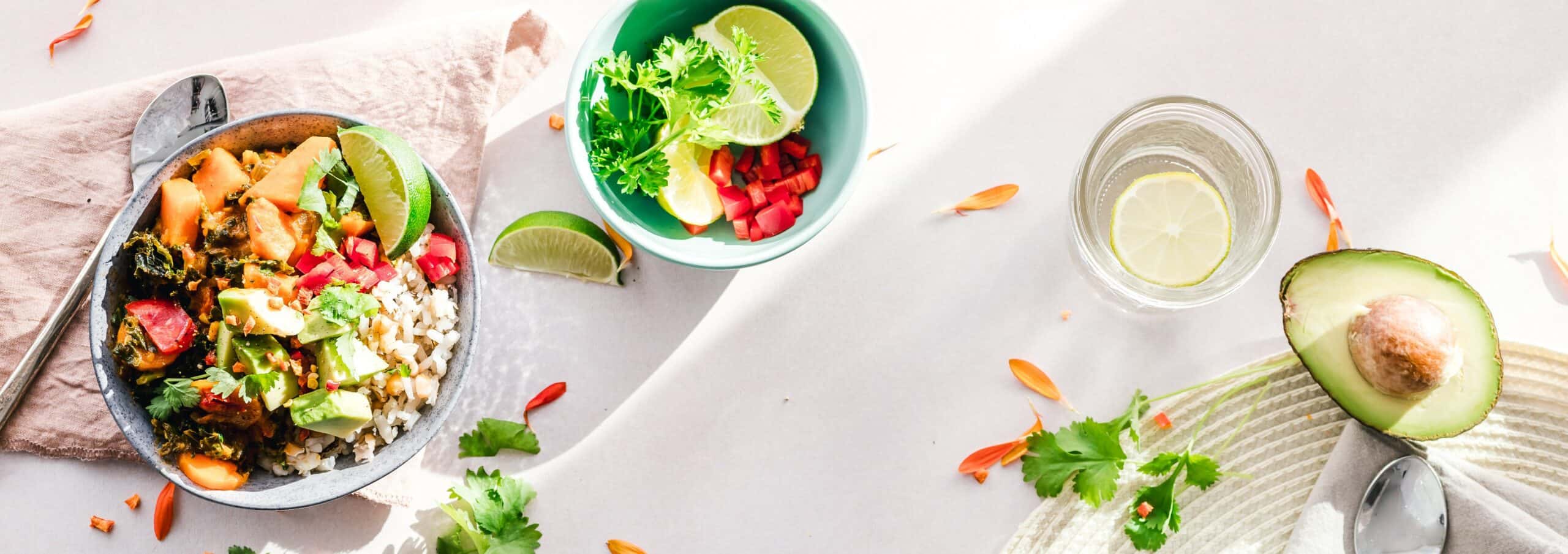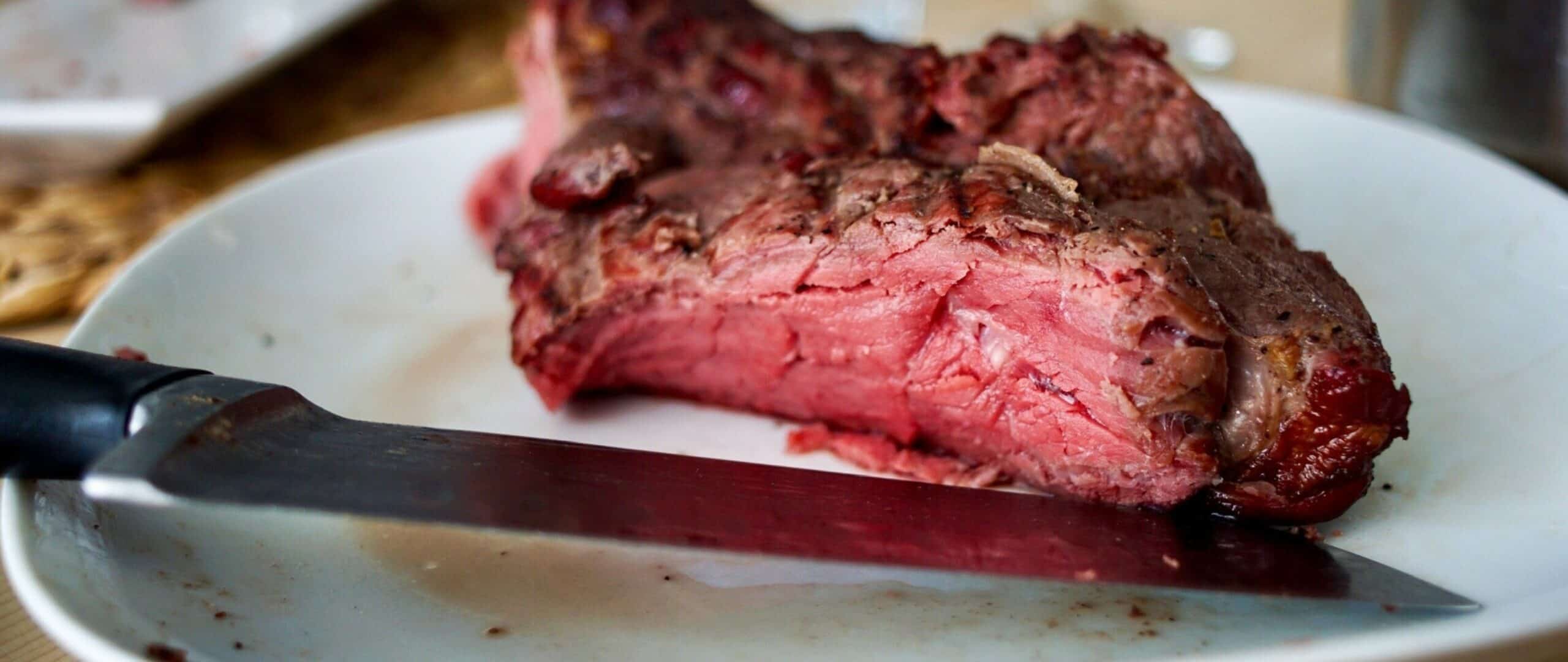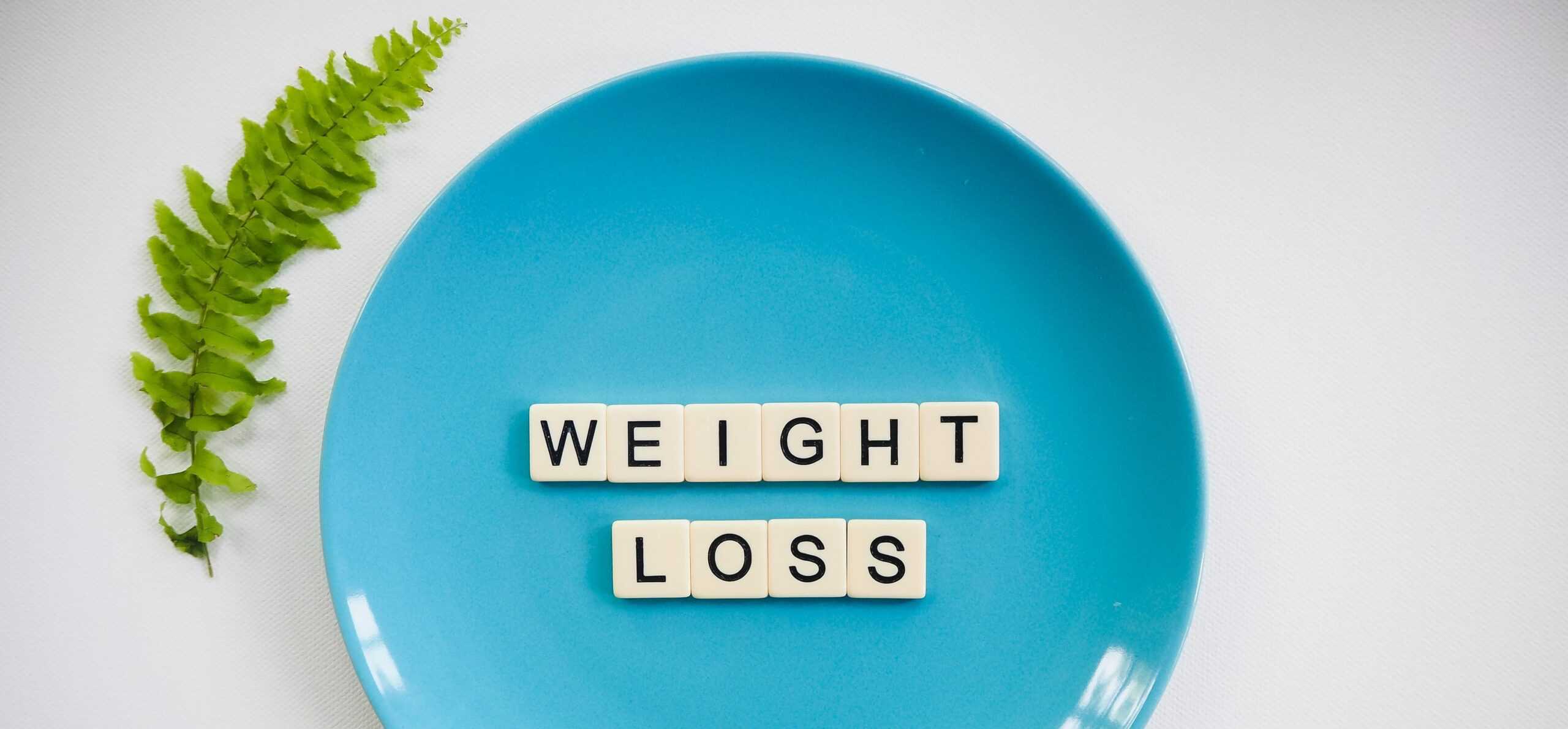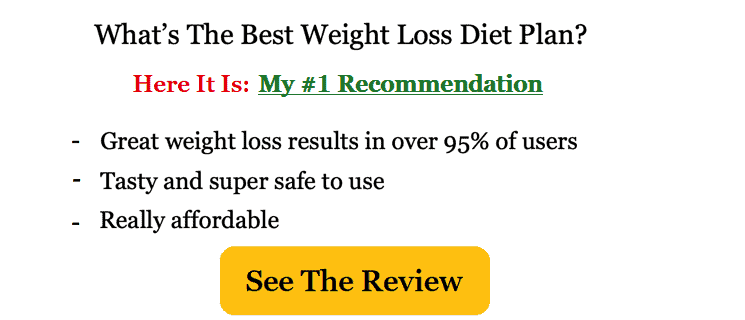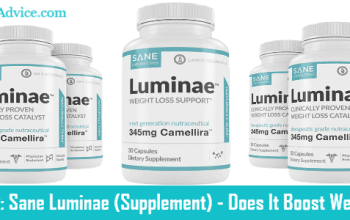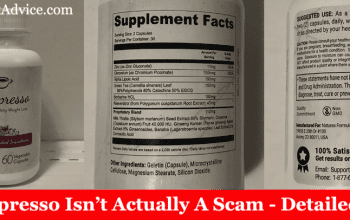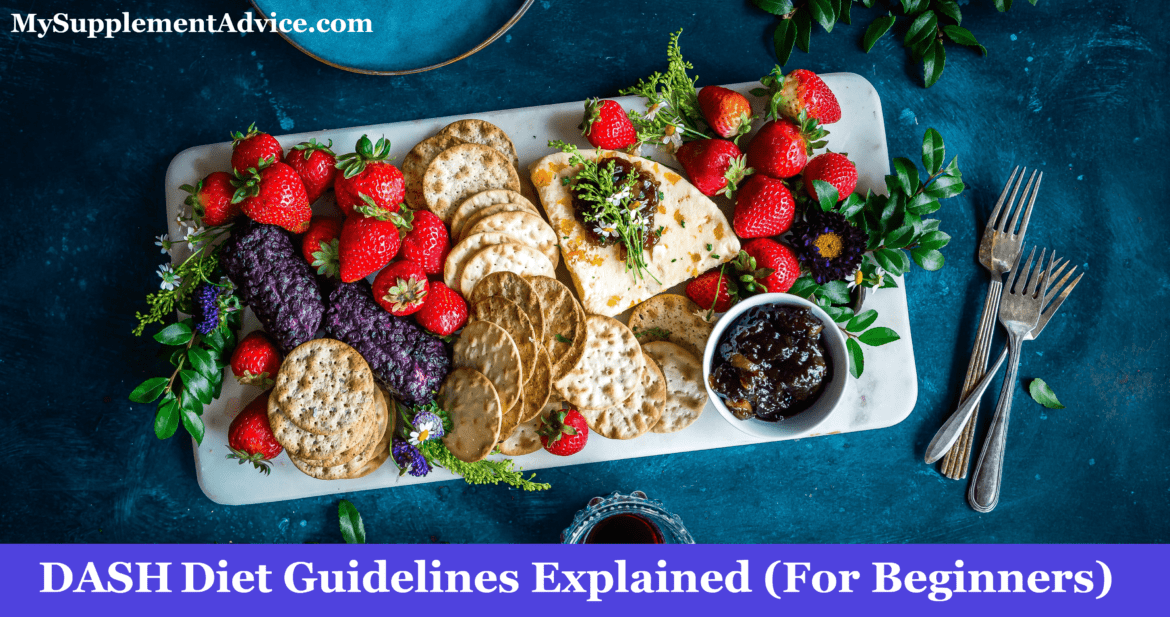
Here are the DASH Diet guidelines explained (for beginners).
Surely you have heard of this diet by now, as it's quite well-known.
I'm also sure you have a couple of questions:
- Is it healthy?
- Does it work?
- Is it suitable for everyone?
Don't worry – we're going to address all of your curiosities.
That being said, keep reading to find out what DASH Diet is all about.
Note: This article is based on my research on DASH Diet.
DASH Diet Guidelines Explained (In A Nutshell)
DASH Diet is all about adjusting your meals so as to prevent heart disease.
That being said, if you have high blood pressure, this might be right up your alley:
- lowers blood pressure
- limits daily salt intake
- decreases the risk of diabetes
- prevents the risk of cancer
- potentially leads to weight loss
Still – you should know that adhering to this diet may be quite challenging.
This is because it requires you to limit foods that most people find enjoyable.
Not to mention that you have to measure your portions in detail.
The goal is to make sure that you are eating enough of every food group.
In short, DASH Diet does not work like a traditional dietary regimen would.
It does not provide you with a list of what you should and should not eat.
Instead, it gives you a list of food groups and how big or small your servings should be.
In other words, it is up to you to make sure you stick to its instructions.
Here are the foods you are supposed to limit:
- full-fat dairy
- fatty meats
- sodium intake
- sugar-sweetened beverages
- sweets
Of course, these are rather difficult to let go of.
So this might get a lot of people to give up on this diet.
Still, if you are interested in the blood pressure benefits, it may be worth it.
Now, keep in mind that weight loss the not the main focus of this diet.
However, if you want to ensure this is among your results…
Make sure to implement a calorie deficit and you should be good.
Other than that, DASH Diet is not really worth it unless you are looking to lower your blood pressure.
That being said, if this is not an issue for you…
Then you are better off looking for something different.
1. What is DASH Diet All About?
The very aim of this diet lies in its full name: Dietary Approaches to Stop Hypertension.
Thus, this is mostly catered toward people with high blood pressure.
In short, DASH Diet is supposed to lower your risk of heart disease.
This diet was created by specialists from the National Institutes of Health [1].
This way, you know from the start that it's based on science and is very trustworthy.
In essence, it encourages people to adopt healthier eating habits.
While at it, DASH Diet also helps decrease your blood pressure.
This is quite a relevant issue, given that the number of people suffering from hypertension is on the rise.
If you didn't know, this condition makes you more vulnerable to:
- stroke [2]
- kidney failure
- heart disease
As you know, diet is very important for your overall health.
Thus, it should come as no surprise that what you eat can heavily influence your blood pressure [3].
But don't worry! There are ways in which you can use your diet to combat health issues.
Obviously, this also goes for high blood pressure.
Let's see how DASH Diet takes care of this aspect for you.
2. How DASH Diet Works
In terms of how it takes action, DASH Diet encourages you to eat whole foods.
There is evidence that suggests this lowers blood pressure.
In fact, research found that hypertension is less common among people who follow a plant-based diet [4].
This is precisely why this diet is all about fruits, veggies, whole grains, and lean meat.
Not to mention that it also aims to lower your salt intake as much as possible.
DASH Diet encourages you to limit your salt intake to just one teaspoon daily (2,300 mg).
This is in line with what most national guidelines recommend when it comes to this.
If you want a stricter version, there is also DASH Diet lower-salt.
This one sets the limit at 3/4 teaspoon (1,500 mg) of sodium per day.
While it's good to have options, remember that consuming too little salt is also a bad idea:
- higher insulin resistance
- fluid retention
- risk of heart disease
Plus, it's still unclear whether restricting salt intake to such a level brings many benefits [5].
Still, it is true that a lot of people tend to go overboard when it comes to consuming salt.
For this reason, it may be a good thing to lower it, especially if it's very high [6].
If you're unsure how much you should be restricting your salt intake…
It's never a bad idea to have a talk with your doctor.
3. DASH Diet & Research
Given that it was created by the National Institutes of Health…
There's no doubt that DASH Diet is based on reputable health records & science.
On that note, the most significant reductions in blood pressure were seen in people with the lowest salt intake.
This reinforces the fact that this is very efficient for people who struggle with hypertension.
However, it would seem that people with normal blood pressure don't benefit much [7].
Still, let's sum up what the science behind DASH Diet has to say:
- reducing daily sodium lowers blood pressure
- following the DASH Diet & restricting daily sodium intake is most beneficial
- positive results were observed in people with and without hypertension [8]
Seeing this, it seems like this diet was created on scientific grounds.
Clinical studies show that it is most beneficial for people with high blood pressure…
So if that's you, the DASH Diet really is an option worth considering!
4. DASH Diet – Benefits
Let's get to more details regarding the promising aspects of this diet, shall we?
Obviously, the main event here is reduced blood pressure.
After all, it's the very purpose of the DASH Diet.
1. Reduces Blood Pressure
You should probably know that this diet lowers blood pressure regardless of whether you suffer from hypertension or not.
Studies show that people following the DASH Diet observed their blood pressure was lower…
Even if they did not lose weight or restrict their sodium intake [9].
Also, it is recommended that you opt for the low-salt version of DASH in case of severe hypertension [4].
Now, decreased blood pressure is a good thing, obviously.
It means that you are less likely to also suffer from heart disease.
However, take note that this isn't always the case [10].
2. Lower Cancer Risk
According to studies, people on the DASH Diet are less likely to develop certain types of cancer.
For example, postmenopausal women are at a much lower risk of breast cancer on this diet [11].
But there are various other types of cancer that can be prevented through this diet.
This is mostly due to the high content of fiber, nutrients, minerals, vitamins, and antioxidants [12].
All in all, this aspect is also worth keeping in mind.
Although some diets can actually increase the risk of cancer, DASH diet really keeps in on the lower side.
3. Lower Diabetes Risk
As it would seem, DASH Diet also lowers the risk of type 2 diabetes [13].
In fact, it should be able to improve insulin resistance [14].
This is highly relevant for people who are at risk of diabetes, of course.
But it's also good for people who already suffer from diabetes.
Improving insulin resistance is great in both instances, obviously.
Additionally, this diet also improves hyperlipidemia.
Not to mention that it's also great for people who are overweight/obese.
5. DASH Diet – Downsides
Much like any type of diet, there are also less favorable aspects you have to keep in mind.
That being said, let's look at the issues you might face while on the DASH Diet.
1. Gas & Bloating
Because of the high content of fiber, you might feel bloated when starting out.
This is mainly because of the sheer amount of fruits, veggies, and whole grains.
However, this should only be a temporary issue.
After a while, your body will get used to it.
Still, it's quite inconvenient when starting off.
2. Hard To Maintain
Once you're over the first few days, you might find that DASH Diet is quite tough.
This is to say that it has requirements that are fairly strict if your lifestyle has been different.
In fact, the restricted sodium intake is one of the main reasons why you may be tempted to give up.
Studies show that a lot of people have a hard time lowering their daily salt intake [15].
Keeping this in mind, it seems like people being unable to stick to the plan is a rather common issue.
3. Lack Of Convenience
Given that this is not a diet that is accompanied by a meal delivery service…
There is no way to get pre-measured, pre-portioned food corresponding to the DASH guidelines.
This obviously means that you have to measure your portions yourself.
In fact, you have to get all the necessary ingredients yourself.
That means more trips to the farmers' market and/or local grocery store for you.
You get to decide how much this bothers you.
4. Cumbersome Tracking Process
Although you are not required to count calories on the DASH Diet…
You still have to measure portions and keep track of servings of food from various categories [16].
On this note, you will have to carefully organize the number of calories you consume each day.
Although calorie counting is not required, you still have to monitor what and how much you are eating.
This might be just as tiresome as counting calories, to be honest.
6. What You Can Eat On The DASH Diet
Unlike a traditional diet, DASH Diet does not list specific foods to eat.
From this perspective, it's difficult to find the balance that this diet imposes on you.
Let's look at what you should eat while on this diet, shall we?
Just keep in mind that the number of servings depends on the calories you consume daily.
Here are the groups of foods that you should eat:
- Whole grains – bread, cereal, cooked rice, or pasta
- Vegetables – you can eat any vegetable on the DASH Diet
- Fruits – many are allowed, for example, apples, peaches, mango, pears, berries, and so on
- Dairy products – make sure that they are low in fat
- Lean chicken, meat, and fish – red meat is also allowed once or twice per week
- Nuts, seeds & legumes – sunflower seeds, peanuts, walnuts, flaxseeds, and so on
- Fats and oils – vegetable oils are recommended over any other oils
- Candy and added sugars – make sure to keep these to a minimum
In short, this is the plan you are supposed to be following.
If you want more details, you can always access the official page of the DASH Diet.
There are some charts on the official page that may make it easier to understand everything [16].
It is understandable if this feels like a lot in the beginning.
7. Foods To Eliminate On The DASH Diet
The restrictions are the main reason why people find it difficult to stick to this diet.
There are not many types of food that you should avoid.
However, the ones being restricted are arguably the hardest to give up on.
Let's go over them, shall we?:
- Fatty meats
- Full-fat dairy
- Sugar-sweetened beverages
- Sweets
- Sodium intake
Now – the program does not require you to eliminate these straight from the get-go.
Instead, you should limit their intake as much as possible.
Eventually, you should eventually manage without them completely.
But feel free to start slow.
Especially if you are used to eating these foods quite often.
Obviously, giving them up is no easy task.
8. DASH Diet & Weight Loss
Let's get to the reason why you're here, finally.
What does DASH Diet do in terms of weight loss?
Well, you should know that while it is possible to shed extra pounds while on this program… [17]
You have to resort to calorie deficit in order to ensure this effect.
That's because weight loss is not the main issue the DASH Diet targets.
As we have already discussed, it's mainly designed for lowering blood pressure.
If you happen to have high blood pressure, however, chances are you should also lose some weight.
This is because you are more likely to suffer from hypertension if you are heavier [18].
As such, it might be a good idea to also take this into consideration.
Of course, DASH Diet can be adjusted to help you lose weight.
As I said, that means you have to go for a calorie deficit.
So remember that DASH Diet is unlikely to help you lose weight on its own.
However – compared to other popular weight loss diets, it's definitely not as strict or hard to follow.
My Verdict – Is DASH Diet Worth It?
Short answer: If you have high blood pressure, go for it.
If you are dealing with the problem that this dietary regimen seeks to solve, you might like it:
- lowers blood pressure
- limits salt intake
- decreases risk of cancer
- improves insulin resistance
- may also lead to weight loss
Now, it's a bit of a bummer that weight loss is more of a by-product of this dietary program.
Still, there are ways to enhance those results if you are specifically interested in them.
Namely, implement a calorie deficit and you should be good.
But you should only consider DASH Diet if your blood pressure is high, remember that.
Otherwise, this diet might not be that beneficial to you.
If this regimen is not for you, maybe you're on the lookout for something different.
Luckily there is always something out there for most if not any situations.
References:
1 – https://www.ncbi.nlm.nih.gov/books/-NBK482514/
2 – https://www.ncbi.nlm.nih.gov/books/-NBK279239/
3 – https://pubmed.ncbi.nlm.nih.gov/-10889801/
4 – https://pubmed.ncbi.nlm.nih.gov/-10410299/
5 – https://pubmed.ncbi.nlm.nih.gov/-26004296/
6 – https://pubmed.ncbi.nlm.nih.gov/-25061468/
7 – https://pubmed.ncbi.nlm.nih.gov/-23558162/
8 – https://pubmed.ncbi.nlm.nih.gov/-11136953/
9 – https://pubmed.ncbi.nlm.nih.gov/-25149893/
10 – https://pubmed.ncbi.nlm.nih.gov/-25519688/
11 – https://pubmed.ncbi.nlm.nih.gov/-21832271/
12 – https://pubmed.ncbi.nlm.nih.gov/-26622263/
13 – https://pubmed.ncbi.nlm.nih.gov/-21058045/
14 – https://www.ncbi.nlm.nih.gov/pmc/articles/-PMC5439361/
15 – https://www.sciencedirect.com/science/-article/pii/
16 – https://www.nhlbi.nih.gov/education/dash-eating-plan


